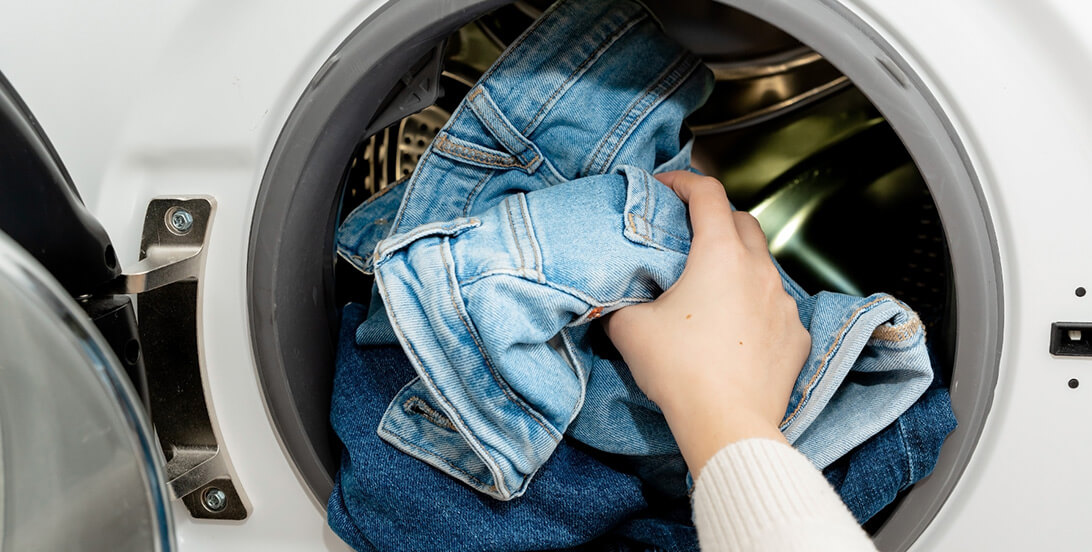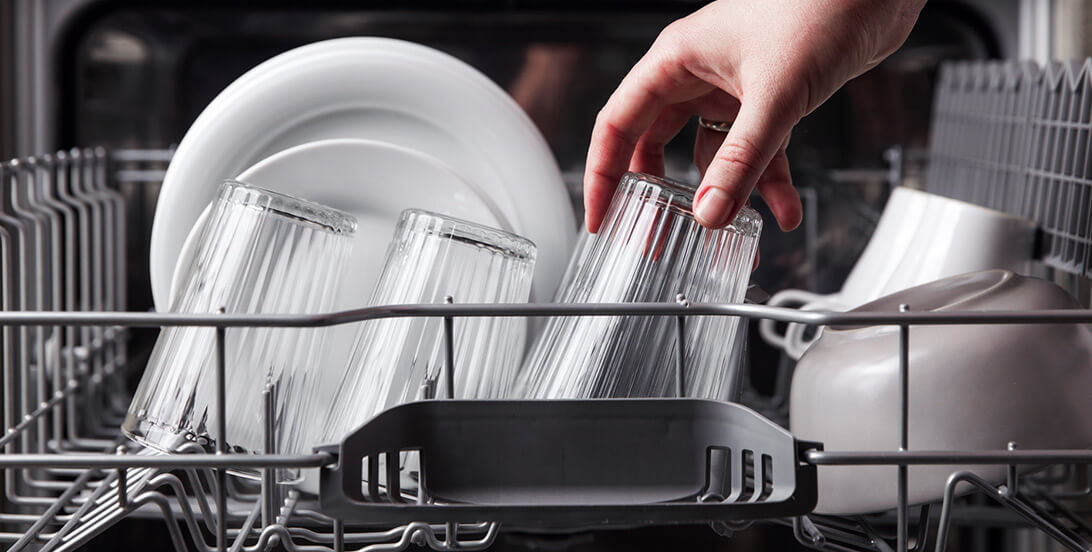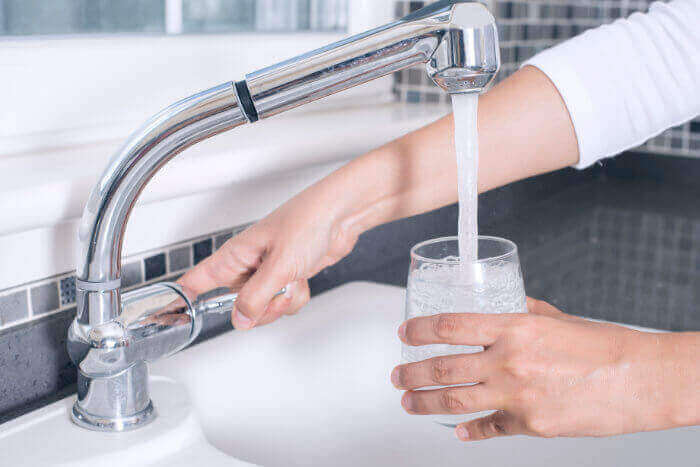Your water quality directly impacts your health, home, and even your finances. From drinking healthier, great-tasting water with fewer contaminants to protecting your water-using appliances and property value, regular access to good-quality home water makes a world of difference.
Water Basics
North American households that live in hard water areas
Water heater energy costs saved with a water softener
Water on Earth that is available as drinking water for human consumption
Potential water contaminants that are currently not regulated by the EPA
The Impacts of Hard Water on Your Home
Make hosting easier
Hard water stains on clean dishes is never a welcome sight. Hard water minerals cause spots on dishes and glassware that can be embarrassing when having company over. Soft water will solve this problem, and it will even make the hand towels in your powder room softer.

Improve your well-being
Hard water causes soap and shampoo to lather poorly, can be rough on the skin, and it even causes blemishes that can otherwise be avoided. With soft water, enjoy softer, healthier skin and hair.

Spend less on laundry
Imagine how much money you could save if you didn’t need so much laundry detergent and fabric softener. With soft water, use up to 50% less laundry detergent and skip the fabric softener altogether.

Protect water-using appliances
Hard water minerals can prematurely age water-using appliances, causing an uptick in expensive repairs. A water softener can extend appliance life and lower maintenance.

Stop Guessing, Get Your Water Quality Checked
Ready to find out what’s in your water? Home water can be tested to see how hard it is and to check for contaminants that can affect taste, smell, and even your health. The only way to truly know your water quality is to have a certified lab or a Water Pro test your water.

Learn More About Your Home’s Water
Is Your Furry Friend Safe? How Water Contaminants Affect Your Pets’ Health
If you are giving your pet a bowl of water straight from the tap, you want to make sure it’s fresh. If you don’t have a system in place to soften and reduce contaminants from your home water, you could be stunting the growth of your dog or cat while exposing them to dangerous chemicals.
Read More
Why Does My Water Smell? 6 Common Smells & Their Causes
Sewage, sulfur, musty, fish, and chlorine or swimming pool. These scents in your home water, along with water from your tap tasting like metal, can impact your personal hygiene, ability to host guests, and your hydration. Explore what’s affecting your tap water, how your health may be impacted, and how EcoWater can help.
Read More
The Effects of Hard Water on Your Skin and Hair
From crusty faucets to stain rings around your toilet bowls — wherever hard water goes, remnants stay behind long after the water has drained. But did you know hard water can also negatively affect your hygiene? Discover the warning signs of hard water, and how it can impact your skin and hair.
Read More

Get Answers From an EcoWater Dealer Near You
It’s easy to find an EcoWater dealer near you who can help solve and answer any of your water problems.
Tap Into Our Expertise
Fill in the following information so EcoWater can upgrade the taste and quality of water in your home.

